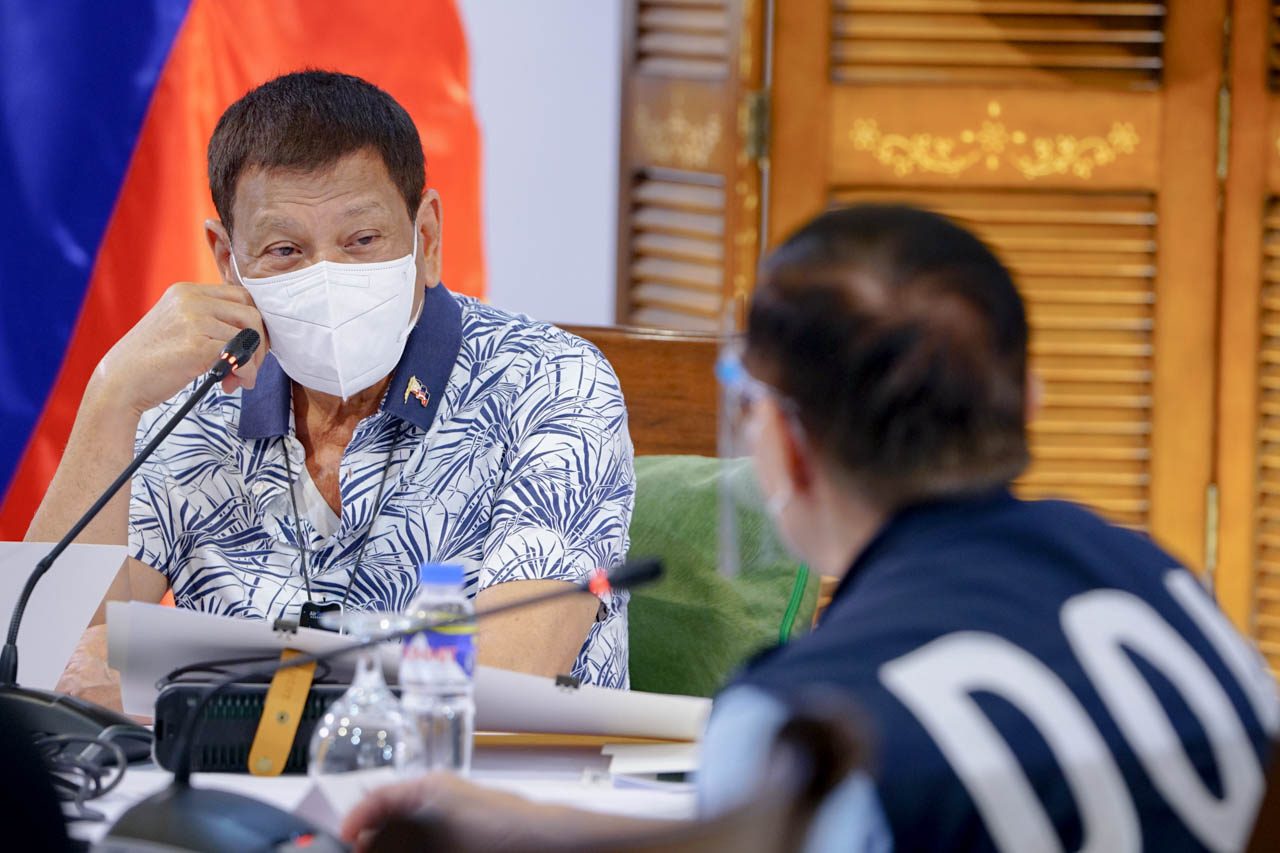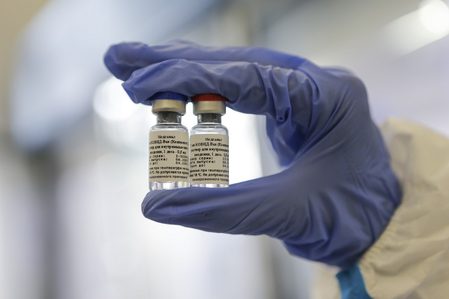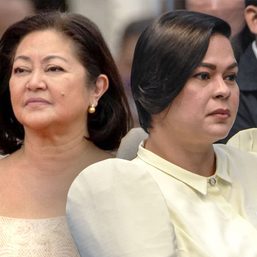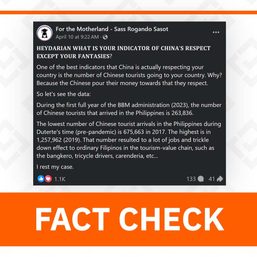SUMMARY
This is AI generated summarization, which may have errors. For context, always refer to the full article.

The Duterte administration has continued to forge ahead with its plan to tap Russia’s coronavirus vaccine, even as scientists and medical experts around the world sounded the alarm on the vaccine’s hasty approval without adequate proof of its efficacy.
Experts have warned that Russia’s decision to approve its Sputnik V vaccine, despite barely starting Phase 3 clinical trials, gambled safety and public trust – elements crucial in effectively vaccinating people.
In the Philippines, as state scientists seek a complete “dossier” on the vaccine in considering its inclusion in clinical trials, Presidential Spokesperson Harry Roque went ahead and set an indicative date of President Rodrigo Duterte’s Sputnik V vaccination: May 2021 “at the earliest.”
Duterte, who has openly tagged President Vladimir Putin as his “idol,” earlier expressed “great trust” in the vaccine and offered to be injected in public to quell concerns over its safety. He then wished for a “COVID-free December” for Filipinos to enjoy the holidays.
“Actually, the vaccines are to be distributed worldwide by September, October. They’ll release it gradually, the clinical studies, and if it’s completed, they will distribute it,” he said in Filipino during a televised address on Monday night, August 10.
But health experts say propping up the vaccine without transparent and published scientific data that prove its effectiveness is a risky move that could backfire. In advocating its use, populations may also be exposed to side effects while falsely believing they are protected.
“If we try to run this race against COVID-19 without each section, we could end up with a vaccine which has not been properly tested, which could be unsafe and would be unethical. And then we all lose,” Dr Kylie Quinn, RMIT University Vice-Chancellor’s Research Fellow; and Dr Holly Seale, UNSW School of Public Health and Community Medicine lecturer, wrote in The Conversation.
Global medical experts, including renowned infectious disease expert Dr Anthony Fauci and even some Russian researchers, have also voiced their skepticism, saying the vaccine has yet to meet safety and efficacy standards. (READ: US health chief doubts Russia vaccine: ‘This is not a race to be first’)
The World Health Organization also said it wanted to review Russia’s vaccine safety data.
Dengvaxia’s lessons
Quinn and Seale warned against moving into mass vaccination campaigns without properly completing clinical trials.
“If a vaccine is released but side effects emerge, the consequences include both the health impacts and deterioration in trust from our community,” they said.
For former Philippine health Secretary Manuel Dayrit, there should be caution against advocating the widespread use of Russia’s vaccine without proper trials.
“Russia’s vaccine has really not completed clinical trials…. Until proper clinical trial are completed and the vaccine’s safety and efficacy is proven, it would be unethical to offer it for widespread use in the country,” Dayrit told Rappler.
The consequences of vaccine hesitancy is a scenario the Philippines is painfully familiar with, after the 2017 Dengvaxia dengue vaccine controversy sank public trust in the Department of Health and government vaccination programs, pushing immunization rates to critically low levels.
Fear in vaccines caused by the Dengvaxia scare spread to other immunization campaigns and led to outbreaks of vaccine-preventable diseases like measles and polio. Health workers were also villainized in communities while participation dropped in public health programs like deworming and tuberculosis studies.
University of the Philippines Political Scientists Ela Atienza, who studies the politics of health devolution in the Philippines, said that instead of propping up vaccines that would be ready by the end of the year, Duterte should consult experts who can explain that vaccines take time to properly develop.
“People are also wary of vaccines because of the Dengvaxia scare that has not yet been resolved properly. So, the issue of vaccines have to be explained properly with scientific basis,” Atienza said.
“It is not right to keep assuring people that a vaccine will be available before the year ends and all people have to do is to be patient and just follow government regulations…. It is irresponsible to prop up vaccines that have not yet been subjected to clinical trials, third-party tests and certification procedures,” she added.
Anna Lisa Ong-Lim, an infectious disease professor at the University of the Philippines College of Medicine, said the government’s timeline to have a vaccine available by May was “very optimistic.”
Tempered expectations
While Duterte remains keen on Russia’s COVID-19 vaccine, health officials are left to balance the President’s words as they review the Sputnik V for local trials.
Health officials have underscored that vaccines to be used in the Philippines will still be subject to rigorous health safety and regulatory procedures.
Health Undersecretary Maria Rosario Vergeire earlier said the country’s vaccine expert panel met with representatives of Russia’sGamaleya Research Institute of Epidemiology and Microbiology to discuss the possibility of trials and request a dossier on the vaccine for study.
“This would be a critical study and review…so we are sure [of the vaccine]…. We’ll study the dossier [on the vaccine] and review these allegations that they haven’t gone through…trials and what the findings were during different phases of [clinical] trials,” Vergeire said at a press briefing on August 12.
Meanwhile, Atienza said rather than pinning hopes on a vaccine, government officials should explain to Filipinos concrete efforts being taken to effectively combat the virus.
“It is also important for people to hear how government plans to deal more effectively with fighting the spread of the pandemic through proactive means instead of just waiting for a cure,” she said. – With a report from Agence France-Presse/Rappler.com
Add a comment
How does this make you feel?




![[OPINION] ‘Some people need killing’](https://www.rappler.com/tachyon/2024/04/tl-some-people-need-killing-04172024.jpg?resize=257%2C257&crop_strategy=attention)

There are no comments yet. Add your comment to start the conversation.